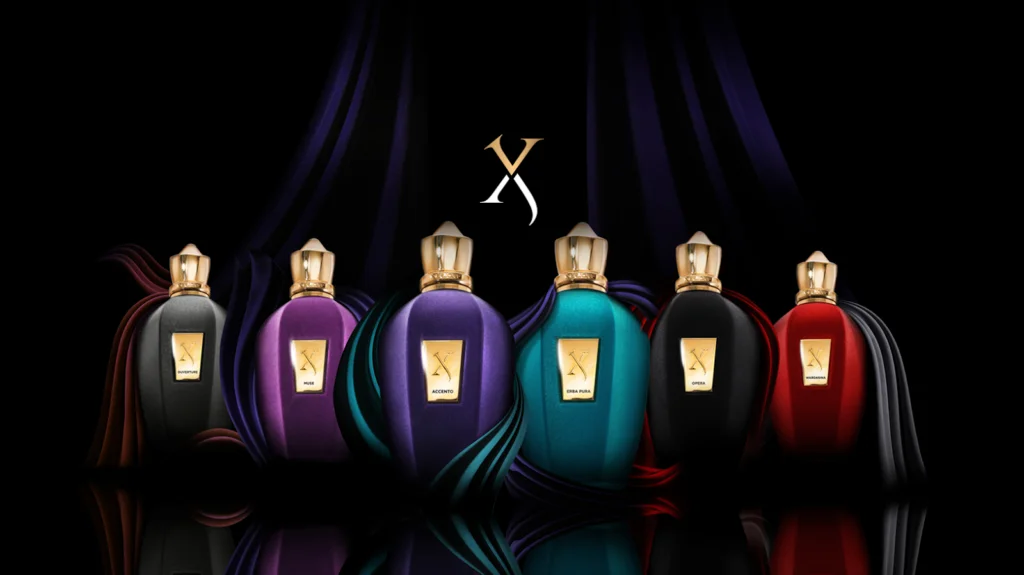Curly hair is beautiful, bold, and full of personality—but it also comes with its own set of care challenges. Frizz, dryness, and tangles can often feel like constant companions. Fortunately, an organic hair care routine offers a natural, gentle, and effective solution. By switching to clean, plant-based ingredients and mindful practices, you can nurture your curls while keeping them healthy, defined, and vibrant.
Here’s the ultimate organic curly hair care routine that blends nature with science for shiny, bouncy curls.
Curly hair tends to be drier than other hair types because natural oils have a harder time traveling down the curl pattern. A pre-shampoo treatment—also known as a “pre-poo”—helps protect your curls from losing moisture during washing.
Natural Solutions:
Coconut oil
Aloe vera gel
Avocado oil
Hibiscus-infused oil
Apply your pre-poo to dry hair about 30 minutes before shampooing. This step reduces breakage, softens the hair shaft, and provides added nourishment.
Traditional shampoos can strip the scalp of natural oils, which is especially harmful to curly textures. Choose a gentle, sulfate-free organic cleanser made with botanicals and mild surfactants. Then, you should use a good curl cream to soothe your hair.
Ingredients to Look For:
Apple cider vinegar (ACV) for pH balance
Tea tree oil for scalp clarity
Aloe vera for hydration
Chamomile or rosemary oil for soothing properties
Use lukewarm water, focus the product on your scalp, and let the runoff cleanse the lengths of your hair.
Hair moisturizer
Hair moisturizer is a non-negotiable for curls. This step helps lock in moisture, repair damage, and improve curl elasticity. Choose a deep conditioner that’s rich in natural emollients and humectants.
Effective Organic Additions:
Shea butter
Honey
Banana
Marshmallow root
Olive oil
Apply after shampooing, detangle gently with your fingers or a wide-tooth comb, and let it sit for 15–30 minutes before rinsing.
Detangling curly hair should always be done gently to prevent breakage. The best time to detangle is when your hair is wet and slippery with conditioner.
Natural Detangling Aids:
Slippery elm extract
Flaxseed gel
Aloe vera juice
Use your fingers or a wide-tooth comb to work from the ends to the roots.
Curly hair thrives on moisture. A leave-in conditioner provides hydration, while sealing oils lock in that moisture and add shine.
Layering Method:
Liquid or Leave-in: Aloe vera juice, rose water spray
Oil: Jojoba, argan, or grapeseed oil
Cream: Whipped shea butter or mango butter cream
This LOC method helps keep curls soft, defined, and frizz-free throughout the day.
Avoid harsh gels and sprays that contain alcohol. Instead, choose natural stylers to define your curls and reduce frizz.
Organic Styling Solutions:
Flaxseed gel for light hold and shine
Aloe vera gel for moisture and definition
Sea moss gel for strength and smoothness
Scrunch the product into damp hair, and let it air dry or use a diffuser on low heat.
Curls can flatten or frizz between wash days. Refresh them with a hydrating mist or curl refresher spray.
DIY Refresher Spray:
1 part aloe vera juice
1 part rose water
A few drops of essential oil (like lavender or rosemary)
Spritz on dry curls, smooth with your hands, and re-style as needed.
Nighttime routines matter. Friction and dryness can wreak havoc on curls while you sleep.
Protective Tips:
Sleep on a silk or satin pillowcase
Use a silk/satin bonnet or scarf.
Pineapple your hair (loose high ponytail) to preserve curl pattern
Healthy curls start at the root. An often-overlooked part of curly hair care is scalp maintenance. A clean, nourished scalp promotes hair growth and reduces issues like dandruff or buildup.
Natural Scalp Boosters:
Jamaican black castor oil to promote thickness
Peppermint oil for increased circulation
Witch hazel or apple cider vinegar (diluted) for clarifying
Green tea rinse to soothe irritation.
Apply a light oil massage 1–2 times weekly to stimulate blood flow and nourish follicles.
Heat tools can weaken curl structure and lead to damage. While occasional diffusing on a low setting is okay, minimize direct heat and embrace your natural texture.
If you do use heat:
Always apply a natural heat protectant like grapeseed oil.
Limit use to special occasions.
Focus on air drying or using styles that stretch the curls naturally, such as twists or braids.
Protective styles help reduce manipulation, preserve length, and prevent breakage. Choose low-tension styles that tuck your ends away while giving your curls a break.
Examples:
Twists or flat twists
Braids (without added tension)
Loose buns or puff styles
Satin-lined caps or wraps
Ensure that you continue moisturizing even when your hair is in a protective style.
Healthy hair isn’t just about what you put on it—it’s also about what you put into your body. Proper hydration and a nutrient-rich diet directly impact hair texture, growth, and strength.
Supportive Habits:
Drink plenty of water daily
Eat foods rich in omega-3 fatty acids, biotin, and vitamins A, C, and E.
Include leafy greens, nuts, seeds, and berries in your meals.
A balanced lifestyle helps your curls thrive from the inside out.
Switching to an organic routine may require some transition time, especially if your hair is used to synthetic products. During this period, you may experience a buildup or a shift in texture. Don’t be discouraged.
With time, your curls will begin to reflect the health and nourishment they’re receiving.
Monday – Wash Day
Pre-poo with aloe vera and coconut oil
Cleanse scalp with organic herbal shampoo.
Deep condition with a banana and honey mask
Detangle and apply leave-in + oil
Air dry or diffuse on low
Wednesday – Refresh & Moisturize
Mist curls with aloe + rose water spray.
Apply a small amount of leave-in conditioner.r
Use flaxseed gel to redefine curls.
Sleep in a satin bonnet
Friday – Scalp Focus
Massage the scalp with castor oil and peppermint.
Use a diluted ACV rinse if buildup is present.t
Light re-twist or braid for definition
Adopting an organic curly hair care routine is more than a beauty choice—it’s a commitment to the health and longevity of your curls. When you turn to nature, you feed your hair with clean, nourishing ingredients free from the harmful chemicals that strip, coat, or damage it over time.




Want to add a comment?